The rural town of Shafter, California, may look drastically different in the very near future. One of the richest families in the Golden State has chosen Shafter to be the trade center for their business, and they plan to completely change the natural landscape to make it happen.
Stewart and Lynda Resnick, who own The Wonderful Company, have already built a distribution center in Shafter. But now, they want to expand it to cover an additional 1,800 acres and add a new railroad and highway system to create an absolutely enormous international shipping hub.
Who Are Stewart and Lynda Resnick?

Stewart and Lynda Resnick have a combined net worth of $8 billion, making them one of the richest families in the state of California. While many people may not know the name Resnick like they do Kardashian, they most likely know their company or at least the products they sell.
The Resnicks own The Wonderful Company, which manufactures and sells Wonderful Pistachios and Almonds, POM pomegranate juice, JNSQ Wines, Landmark Wines, Halos, Wonderful Seedless Lemons, and maybe most famously, Fiji Water.
The Resnicks Set Up Shop in Shafter, California
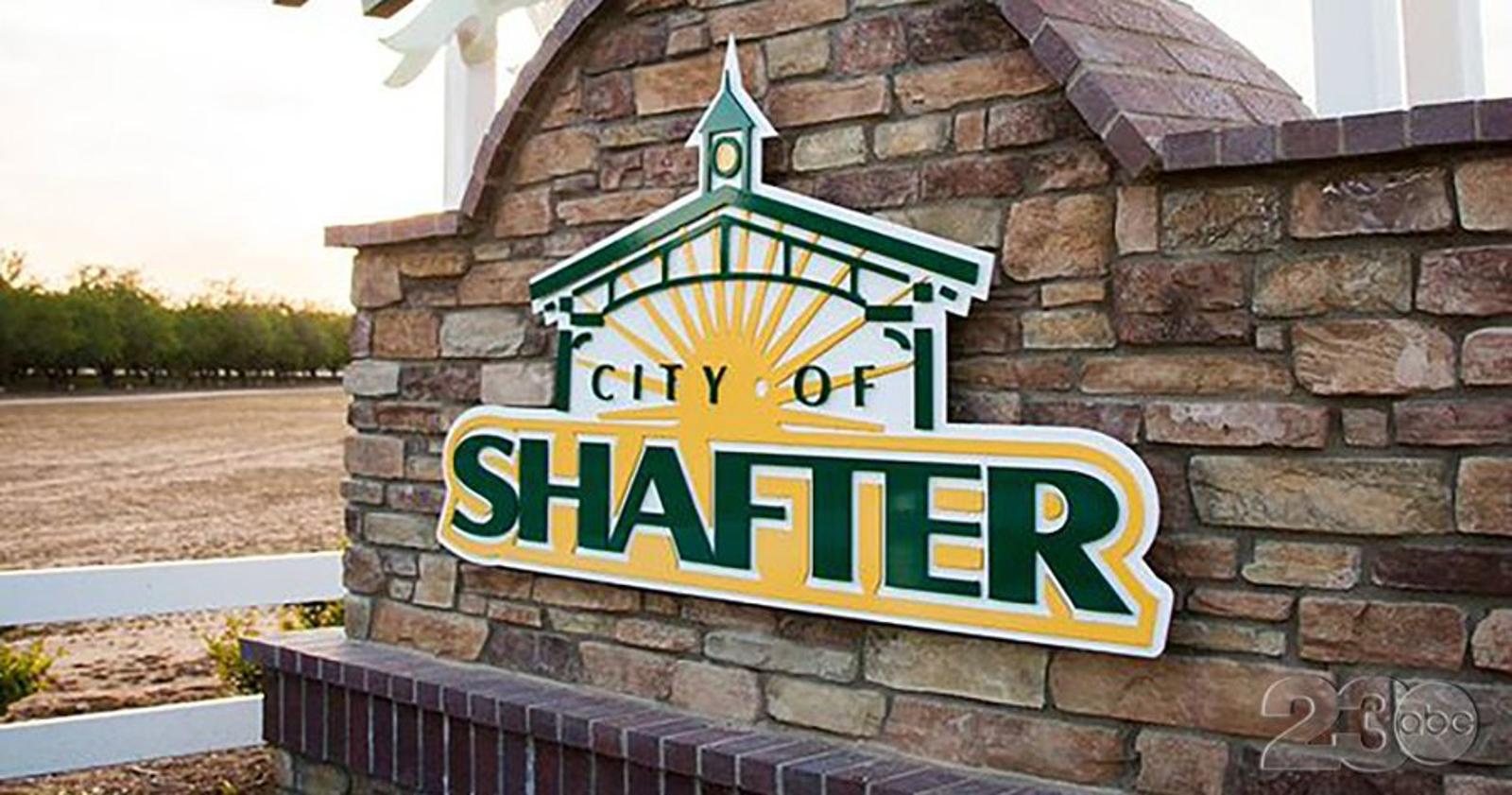
Nearly ten years ago, the Resnicks decided to build a large industrial park in Shafter, California. The park contains several warehouses for their own products, as well as shipping centers for stores like Amazon, Walmart, Target, and Ross.
The small city of Shafter, California, sits in the northwest corner of Kern County, just 18 miles from Bakersfield. With a population of a little over 21,000 people, the city is certainly one of the smallest in the country.
The Wonderful Company Industrial Park in Shafter, CA
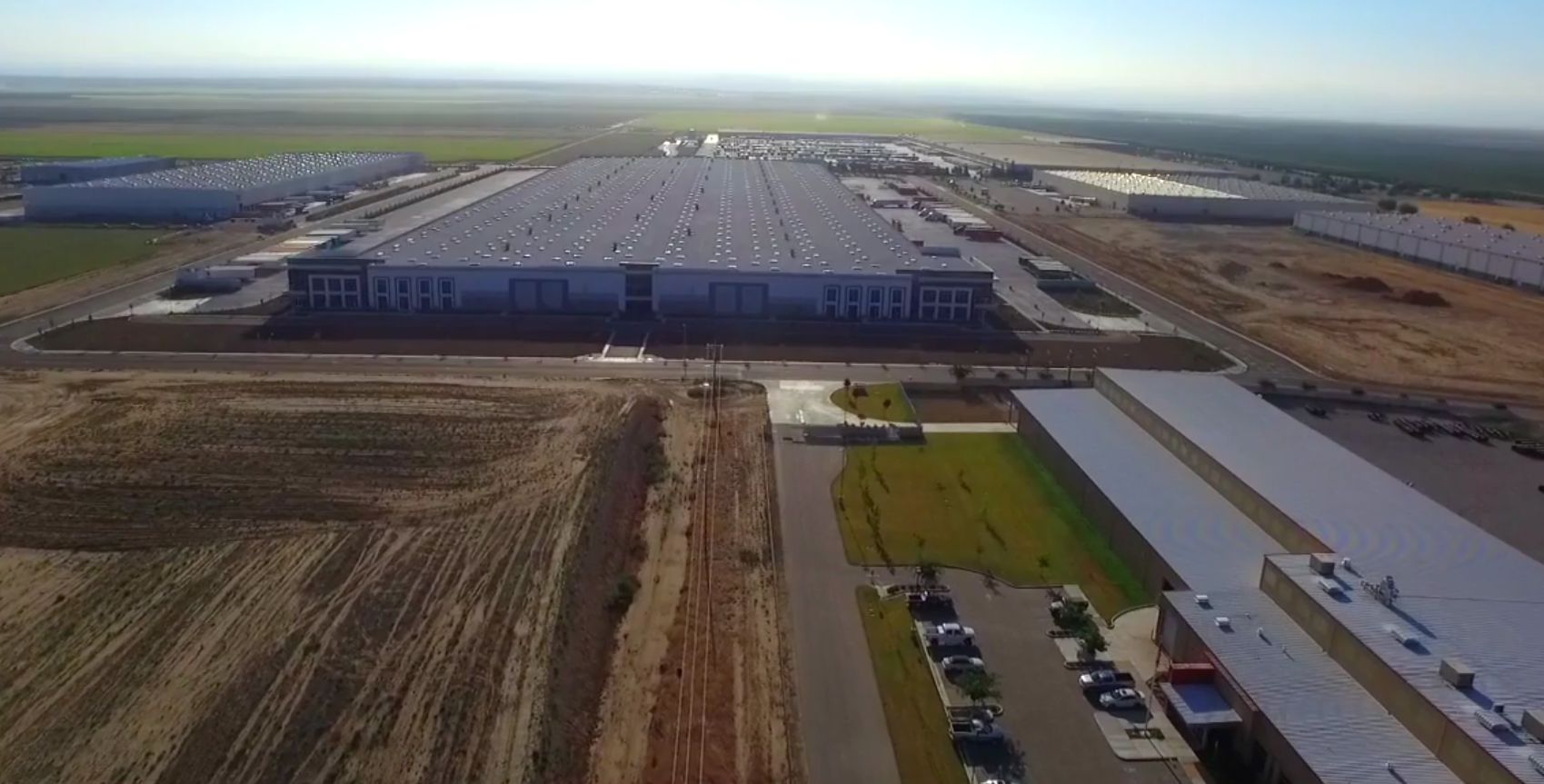
Historically, residents of Shafter made their living from agriculture, including crops of almonds, pistachios, cotton, and alfalfa, and many still do. However, everything changed for Shafter when The Wonderful Company plowed over more than 1,000 acres of farmland to build their industrial park.
But, residents of Shafter have generally become accustomed to the existing structures and the ongoing business there. Except now, The Wonderful Company wants to expand.
Paving Paradise to Put Up a Parking Lot
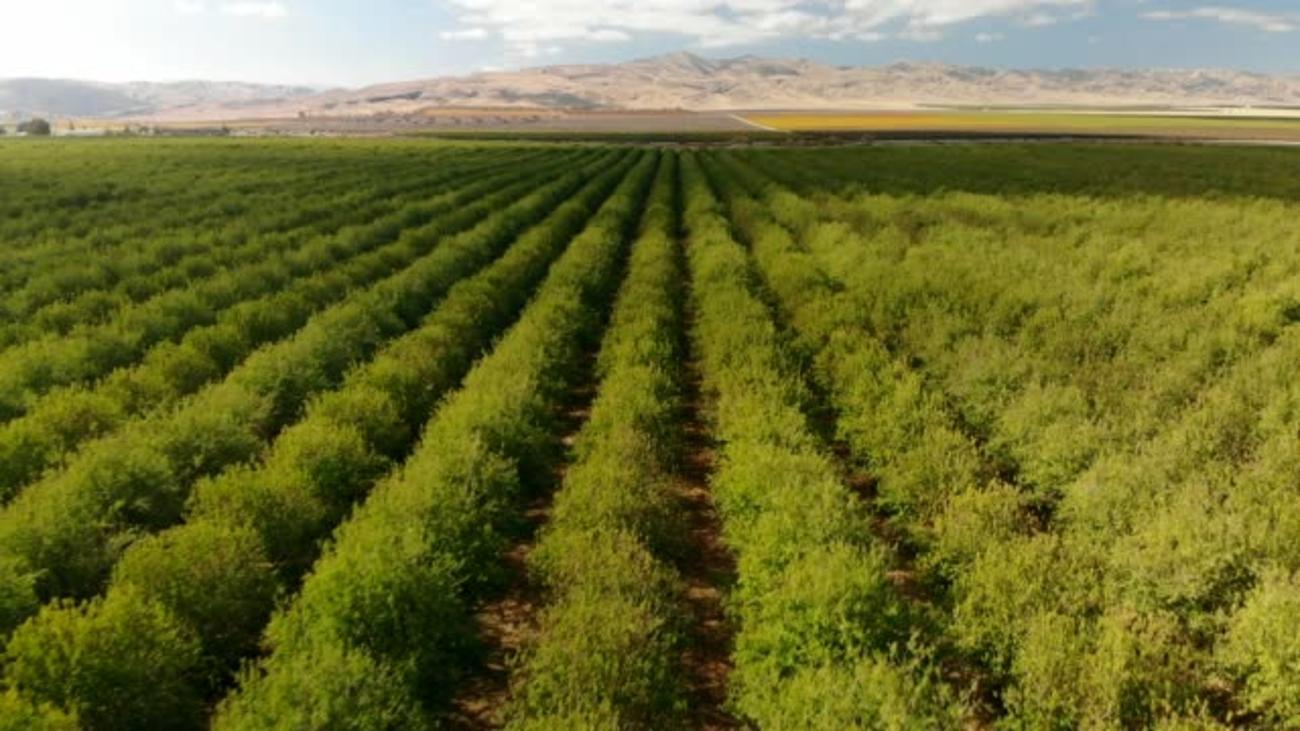
The Resnicks have announced their plan to expand the existing industrial park by adding another 1,800 acres. Most of this land is currently beautiful almond groves, but since The Wonderful Company owns the groves, they are technically within their rights to replace them with warehouses.
But many of Shafter’s residents and other environmentalists living in Kern County are concerned with the proposal.
The Resnicks Planned a Complete Overhaul
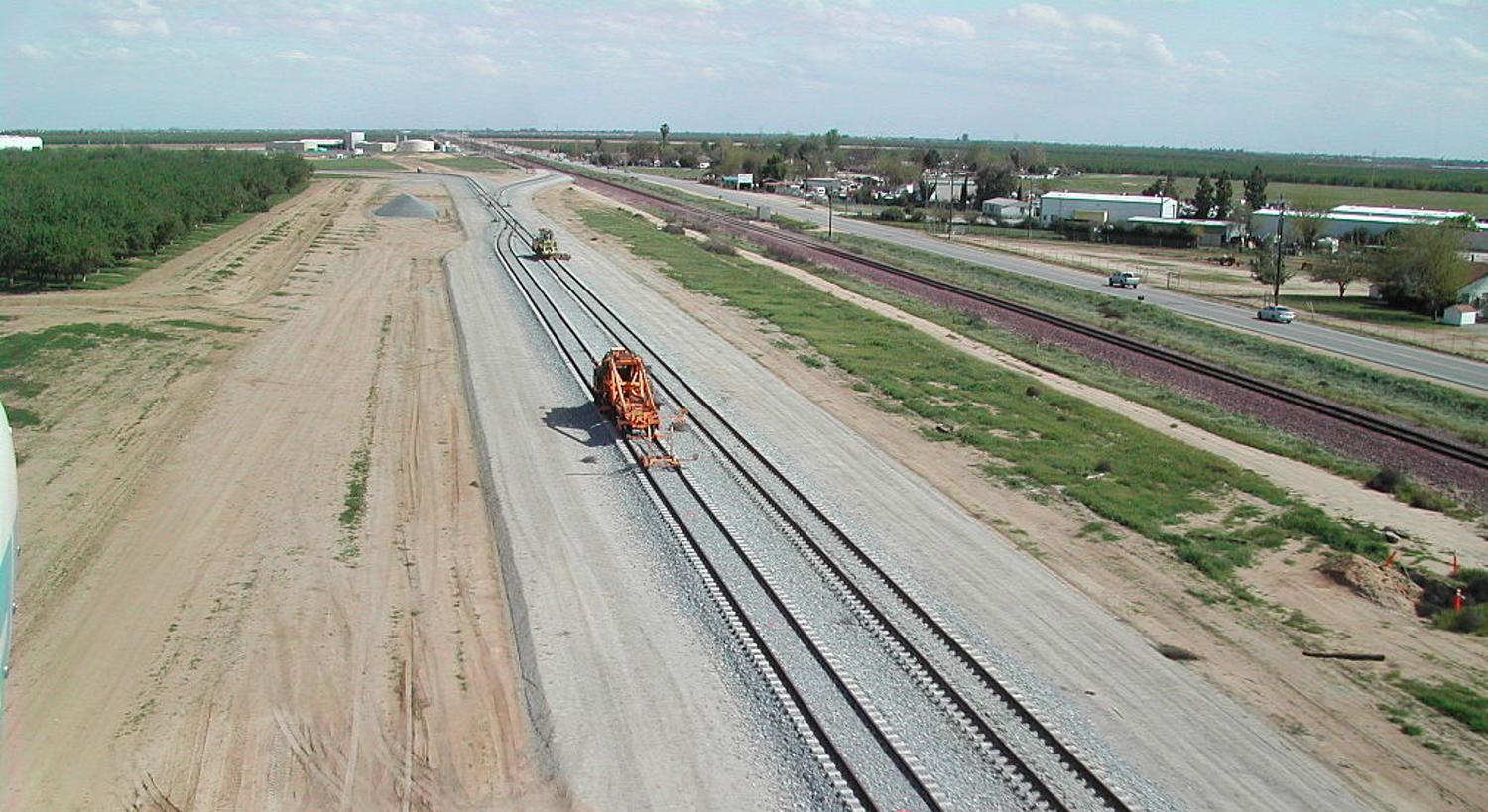
The existing industrial park already creates significant semi-truck traffic, but the new park, as an international hub, would see exponentially more shipments every single day.
To combat this problem, the Resnicks have promised to build a new highway that diverts trucks around the center of Shafter and an inland train terminal to reduce traffic on the road. But many wonder about the side effects of these projects.
Shafter Citizens Are Concerned About Pollution

There are many reasons to live in a rural city instead of a bustling metropolis, and one of those reasons is, undoubtedly, the clean air. Many are worried that the building of the extended park, the railway, and the highway will cause immense air pollution in this once quiet farming town.
Assistant director of the Center on Race, Poverty, & the Environment in Delano told the LA Times, “[The Wonderful Company park is] going to bring health and environmental impacts that are going to impact the neighbors who live near the industrial park.”
Looking Out for the Future Generations in Shafter, CA

And he doesn’t just mean over the next few years. Even after construction is complete, the constant incoming and outgoing of diesel-powered semi-trucks and cargo trains will continue to pollute the air for decades to come.
Some Shafter residents are concerned not just for their own health and safety but for their children’s and even the generations after that.
The Wonderful Company Has Promised 50,000 Jobs

While there’s really nothing that The Wonderful Company can do about the pollution their park will cause, they have promised the residents of Shafter something some people say is more important than air quality: jobs.
The existing park already created 10,000 jobs in Shafter, but The Wonderful Company claims the new international hub will generate another 50,000 positions.
AI Technology May Eliminate Many of Those Positions

However, as technology develops, warehouses around the country and the world are becoming more mechanized every day. That means fewer human employees are necessary as AI robots and programing can do the same jobs for less. Ellen Resse, co-director of the Inland Empire Labor & Community Center at UC Riverside, explained, “Warehouses are both job creators and job destroyers.”
And, of course, giant businesses like The Wonderful Company need to constantly be thinking about labor costs and, more specifically, how to decrease them if they want to keep making billions. As the company’s COO, John Guinn, explained, “I don’t think it’s bad if we’re able to do twice as much with half as much labor.”
The Railway Could Mean Layoffs Too

In addition to the advancing technologies inside the warehouses, the Renicks’ proposed railway could also significantly reduce the number of jobs available for Shafter residents.
According to Guinn, every train that arrives at the new rail center would essentially be replacing 240 trucks. This means that hundreds of drivers could lose their existing jobs, and it’s also unlikely that many new drivers will be hired.
Will The Wonderful Company Be Good for the Community of Shafter?

There is still some debate as to whether or not The Wonderful Company’s plan for a giant international shipping hub will be good or bad for the people and economy of Shafter, California.
The Renicks have promised these residents the world, with tens of thousands of jobs, improved infrastructure, and a tangible boost to their economy. However, with pollution, automated technology, and traffic to think of, many are wondering if they’re not just losing their beautiful home for next to nothing in return.
Less Than Wonderful Employers

The Resnicks’ plan for Shafter is not the only thing painting Wonderful Co. as less than wonderful. As employers, Stewart and Lynda Resnick are not painted in a brilliant light at the moment.
Since February this year, the Resnicks have been engaged in a legal battle with the United Farm Workers. UFW is campaigning to unionize more than 600 Wonderful Nurseries workers in the Central Valley.
Anti-Union Sentiments

And yet, what has the company done? Company officials read an anti-union script to Wonderful Nursery workers. “We ask each of you to not sign an authorization card,” the script read.
Wonderful Co. has also lost a series of motions before the California Agricultural Labor Relations Board to delay a mandate ordering the company to reach a contract with the UFW by June 3. Otherwise, the board would impose certain terms on the company.
Start of the Battle

The legal battle started in early 2023 when the UFW, seeking to represent more than 600 Wonderful Nurseries staff, presented the labor board with signed cards from more than half of the employees.
The signed cards gave the UFW authority to represent them in collective bargaining on a contract. This process is known as “card check.” The board then certified the UFW as the workers’ representative. It gave the union and the company a tight deadline to agree on a contract.
Wonderful Fighting Back

But then the company fought back: it unleashed a lawsuit seeking to have the 2022 and 2023 state laws that govern the unionization process declared unconstitutional.
If the Resnicks’ company wins, farmworkers would lose their legal protection in California. They would return to the working conditions that existed before César Chavez’s campaign for farm unionization in the 1960s.
Attack on Farmworkers’ Rights
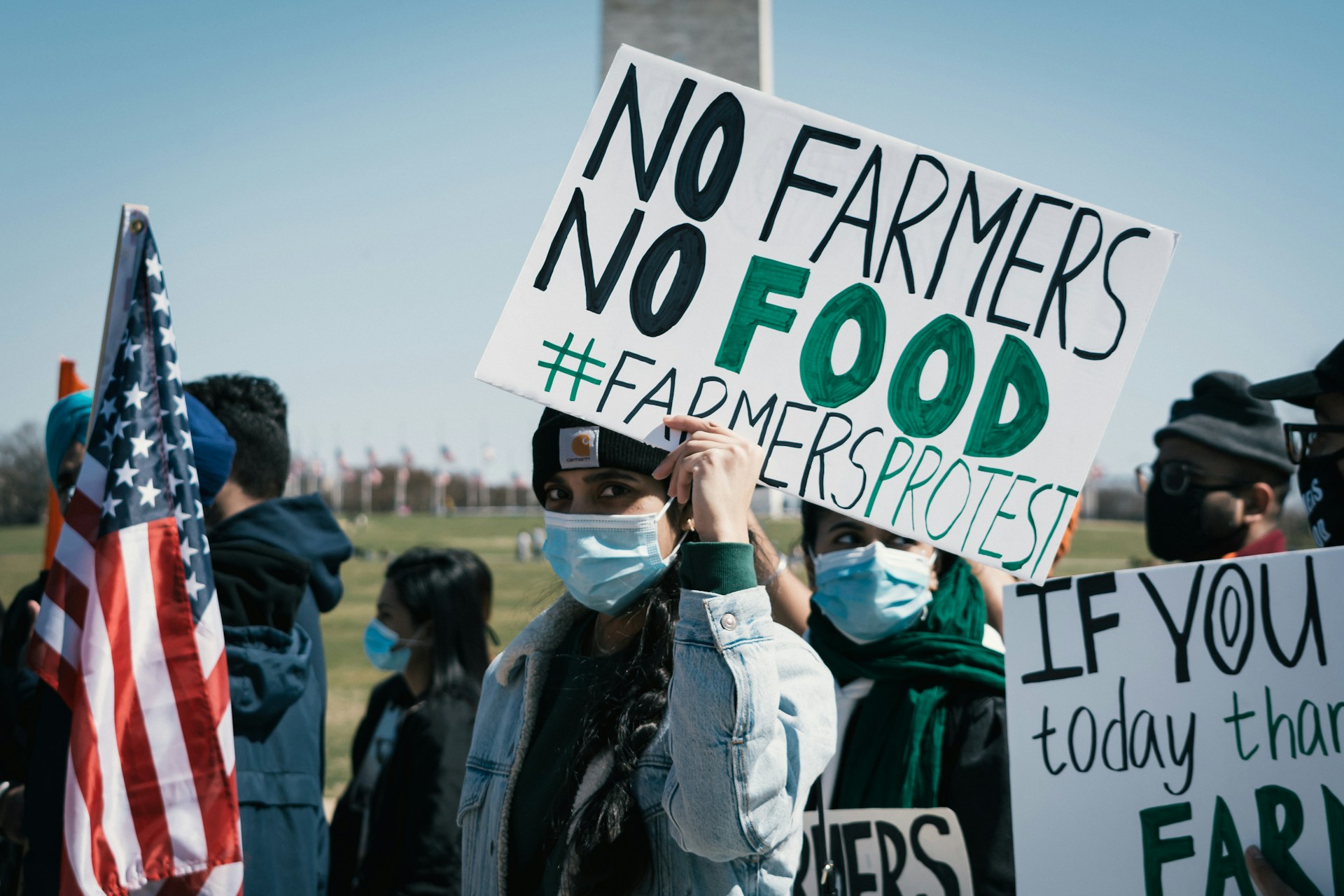
The UFW’s director of strategic campaigns, Elizabeth Strater, felt this lawsuit is an attack. “This is an attack on farmworkers’ rights,” she said. According to her, farm employers would do everything to prevent their workers from self-empowerment and lifting themselves out of poverty.
But Wonderful Nurseries President Rob Yraceburu disputed the claim. He said the company’s relationship with the agricultural workers it employs “is rooted in mutual trust, collaboration, and respect.”
Following Other Companies’ Move
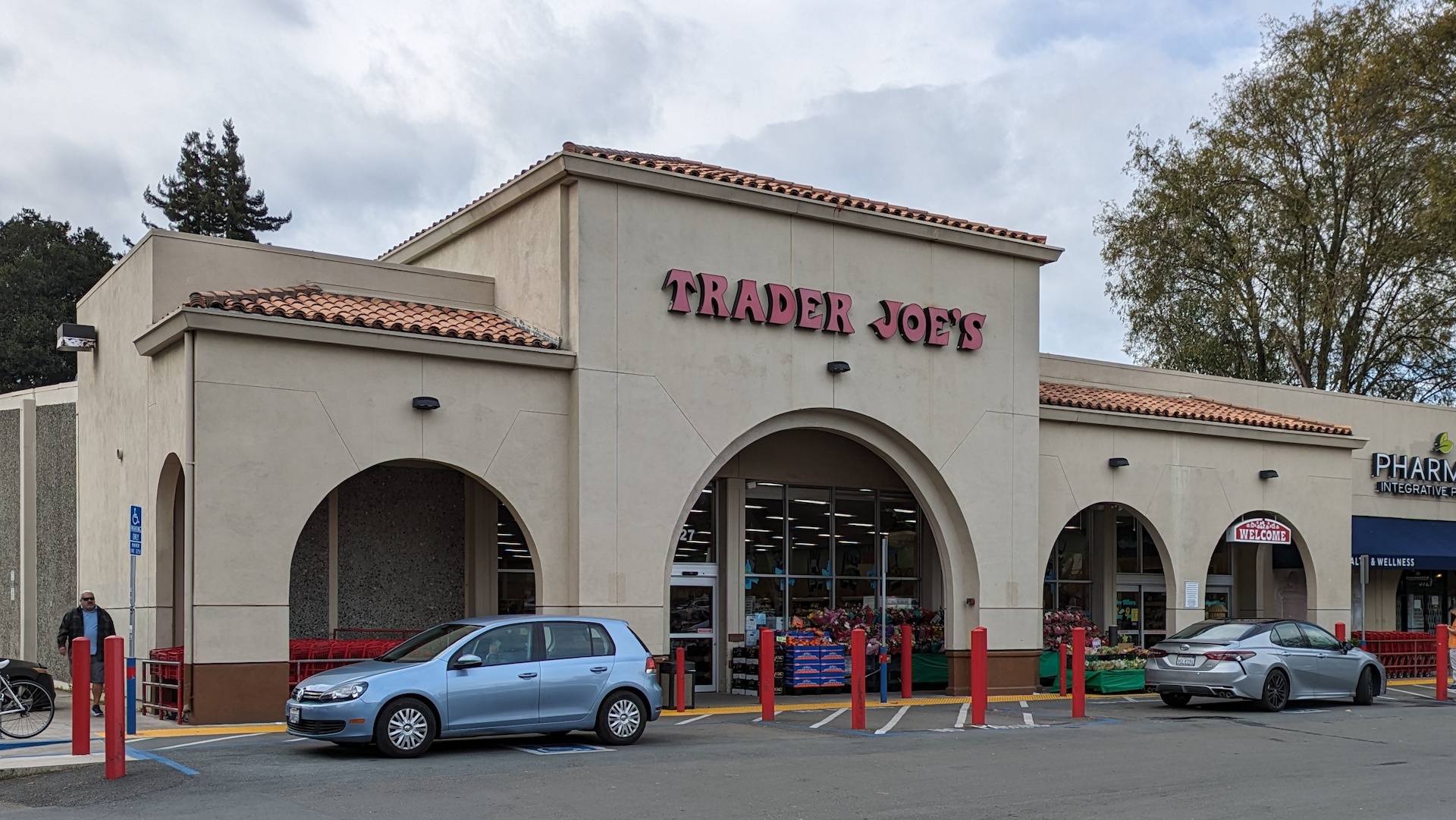
Regardless of the counter claims, why must Wonderful Co. take such an extreme step of having the unionization process deemed unconstitutional? It’s likely because there’s precedent; other companies have tried it before.
This lawsuit follows what Trader Joe’s and Elon Musk’s SpaceX have done. They argued against the National Labor Relations Board, contending that the NLRB, established by Congress in 1935, is unconstitutional.
Allegations From Both Sides

Union campaigns such as this one often produce a cross fire of allegations of unfair labor practices. Both sides are calling each other out — the company claimed the union defrauded workers into signing the cards, while the union claimed the company badgered more than 100 workers into revoking their authorizations.
Worker accounts also showed differences in opinions. On the one hand, there were complaints about poor working conditions at Wonderful, which workers hoped could be upgraded with a union involvement. But other workers also said they didn’t realize that signing an authorization card meant they were joining a union.
Workers Having Second Thoughts

The company also hired a union-buster, Raul Calvo, who told workers 3% of their pay would go to the union for dues. After that, some workers started having second thoughts about the cards.
Late last March, around 100 Wonderful workers staged an anti-union protest at the ALRB offices in Visalia. However, the UFW claimed that the rally was the result of Wonderful’s coercion. Of course, Wonderful denied its involvement in the protest.
Workers Are Vulnerable

Strater from the UFW lamented the workers’ status, “These workers are so vulnerable.” Many of them are undocumented. Some also have valid reasons to worry about job security. These conditions make it easy for the company to steer them.
Meanwhile, Wonderful was named as one of the 100 Best Companies to Work For in Fortune Magazine’s list. The company ranked at the 91st position. The Resnicks called their employees “the heart of the company. They bring our culture to life, show up for each other every day, promote a supportive and inclusive environment, and strive to give back.”
Not Their First Fight
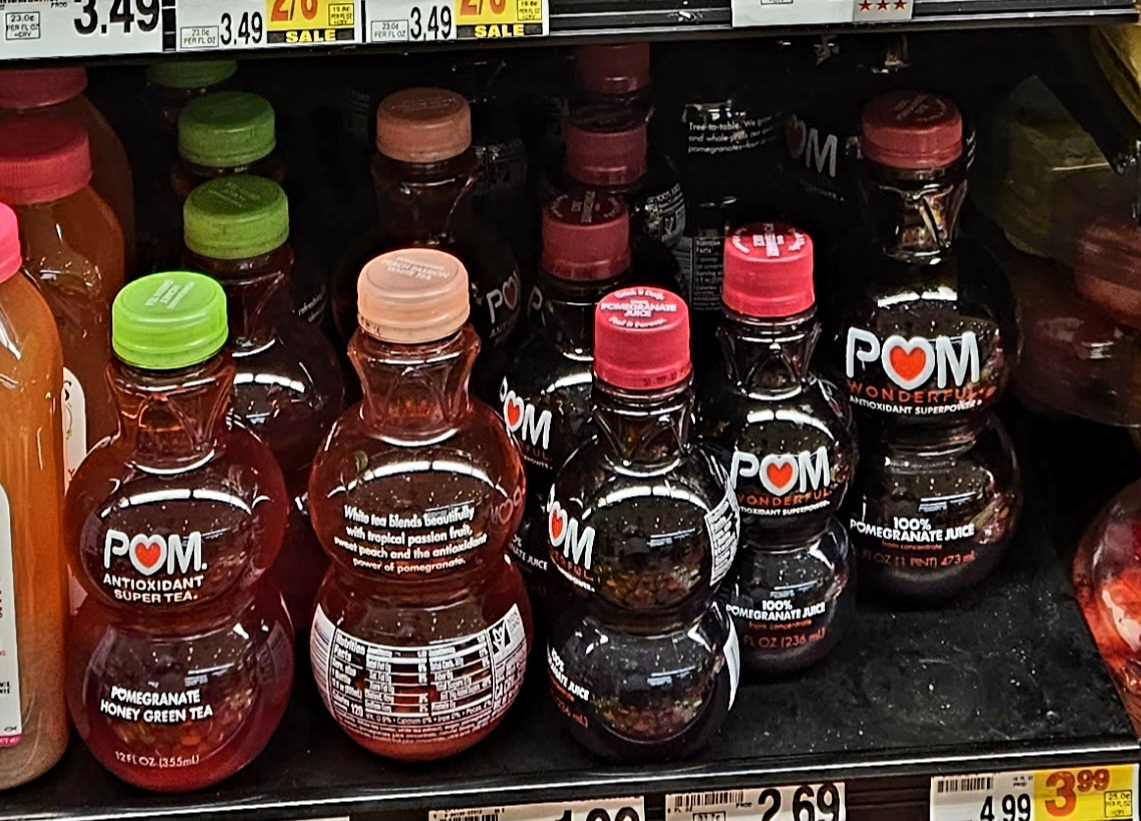
The Resnicks were already embroiled in a fight regarding the U.S. constitution to resist a regulatory agency’s mandate once before. In 2010, they fought a legal battle against the Federal Trade Commission.
They asserted the FTC infringed their 1st Amendment rights by saying Wonderful made “false and misleading” and “unsubstantiated” claims about the health benefits of their pomegranate juice, Pom. The battle went up to the U.S. Supreme Court but the court rejected the company’s appeal.
Labor Rights Are Tough in California
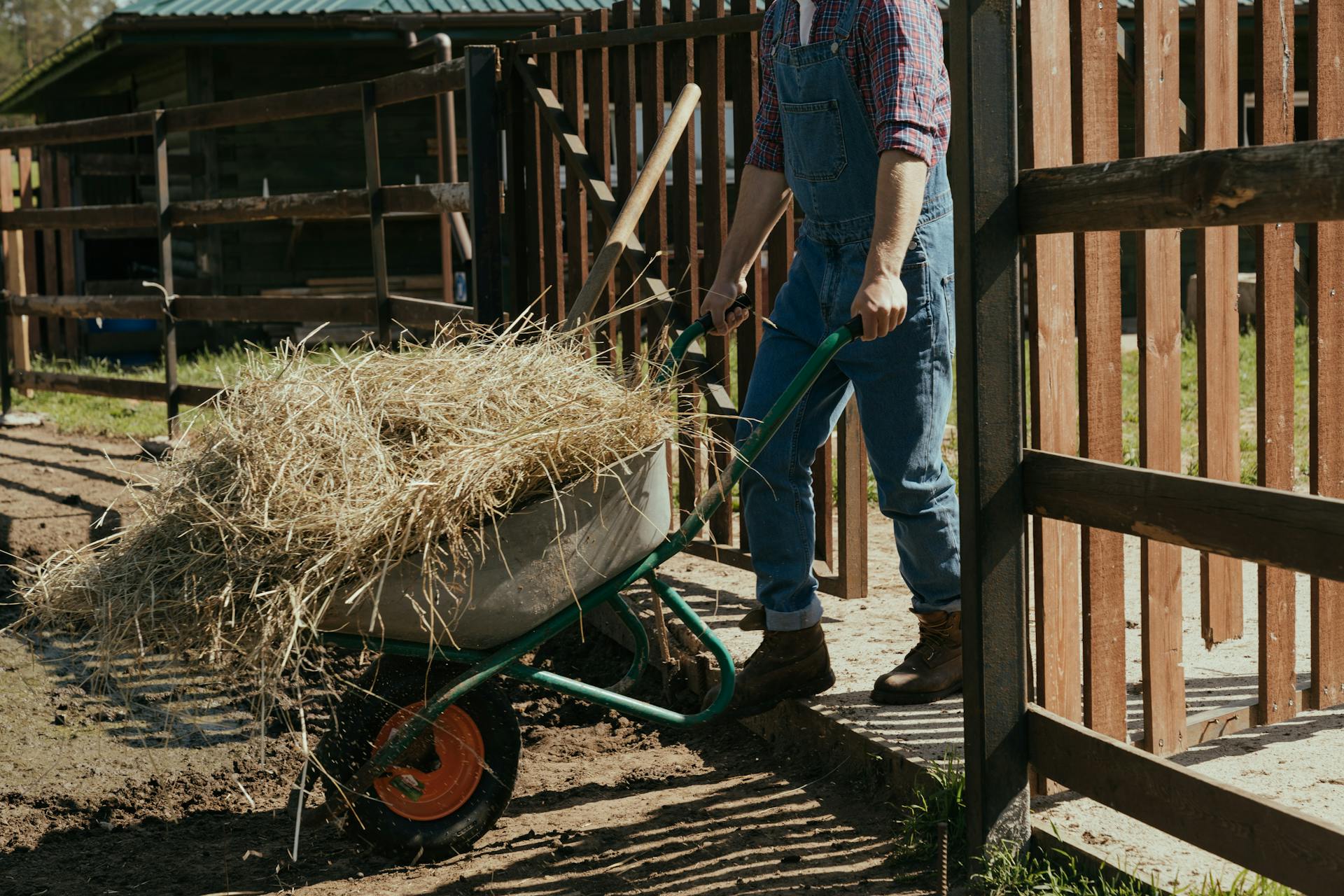
Bringing labor rights to farmworkers in California has historically been known to be tough. The 2022 and 2023 laws that Wonderful is challenging is evidence that the union process is not as straightforward as it seems.
William B. Gould IV, professor emeritus of law at Stanford University and former chairman of National and California’s Agricultural Labor Relations Boards said doubted the company’s claims of unconstitutionality would win favor from California judges. But there’s still a chance with the U.S. Supreme Court, known to be anti-union.
Minute Chance of Winning

This case may paint the Resnicks and their Wonderful Co. as heartless towards farm workers, much as they seem heartless to the town of Shafter. But Gould is of the opinion that “this Supreme Court has indicated that they want to reverse much of what was done in the 1930s,” which is progressive labor laws.
With this lawsuit, Wonderful has “thrown buckets of paint against the wall in the hope that something will stick. Maybe they’ll be right on some of it.” The unions and some of their farm workers would hope that nothing sticks. Then again, for now, it seems that the Resnicks and their company still hold all the power.
